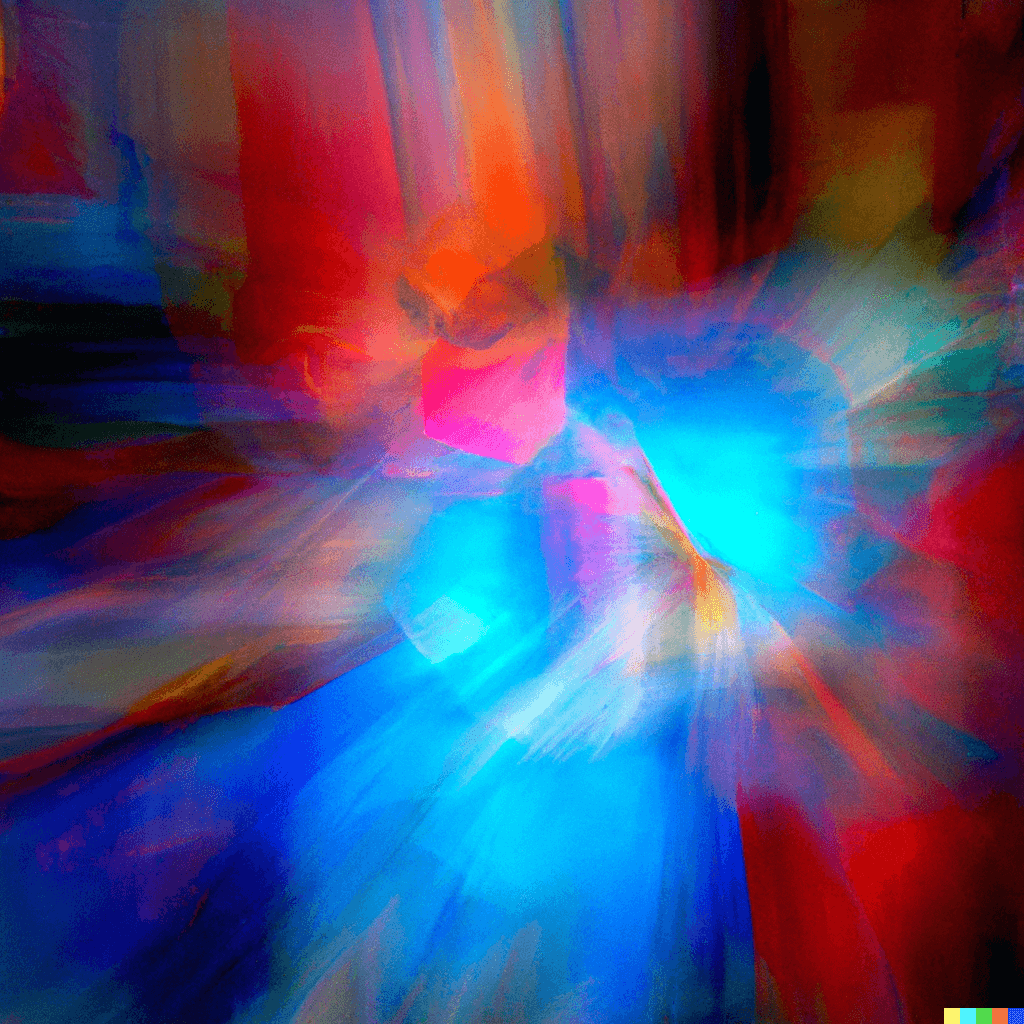Life
Wanting and Liking
Nov 2, 2022

I have a longstanding fondness for this episode of one of my favourite podcasts, The Happiness Lab. The host, Dr Laurie Santos, is a psychologist at Yale and has an affinity for picking topics that are so relevant and explaining them in a way that is as fun to listen to as it is informative. (It’s probably why her Coursera course on science-based tips to improve well-being is so popular and highly acclaimed.)
In it, Dr Laurie asks the question, ‘Why is it so difficult to want what we like?’. At face value, this seems like a strange question - what do you mean you don’t want what you like?? However, I for one have plenty of examples of things I know bring me huge amounts of joy (like exercising or working hard and succeeding at difficult projects) but I find it difficult to gather the willpower to do them sometimes. Indeed, I get more enjoyment out of these activities than I do from others that take no willpower to do at all (like watching Netflix or scrolling through Instagram). It seems that, in a lot of cases, the connection between liking an activity (ie: how much pleasure you derive from it) and wanting an activity (ie: your desire to pursue it) isn’t as strong as we think it is. Dr Laurie makes a distinction between two kinds of pleasures - Type 1 and Type 2 pleasures - to explain this phenomenon.
Type 1 pleasures are simple and don’t involve much effort. This is the kind of pleasure you get from eating ice cream or watching a 15-minute compilation of clips from Community with no context. Type 2 pleasures are way more effortful but also feel more meaningful. This is the kind of pleasure people experience when reflecting on their experience as a parent or after reaching the peak of Mount Everest. The main point here is that Type 2 pleasures seem to be more profound and meaningful but are consistently passed over by our brains in the pursuit of Type 1 pleasures. This is because the neurological process of wanting (known as incentive salience) is separable from the process of experiencing liking. Ideally, natural selection would have aligned these processes to make us want what we like but natural selection is a slow, blind process. So how do we get poorly designed brains to do the harder, more rewarding stuff?
One method recommended in the podcast is to use a technique called urge surfing. This involves being mindful and paying close attention to the urge to pursue less satisfying Type 1 pleasure without identifying with and pursuing this urge. You could also use this technique to mindfully observe and visualise how great Type 2 pleasures feel and use this as motivation.